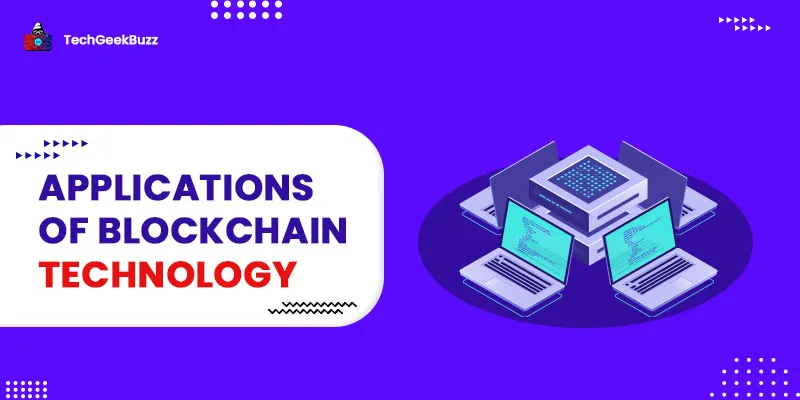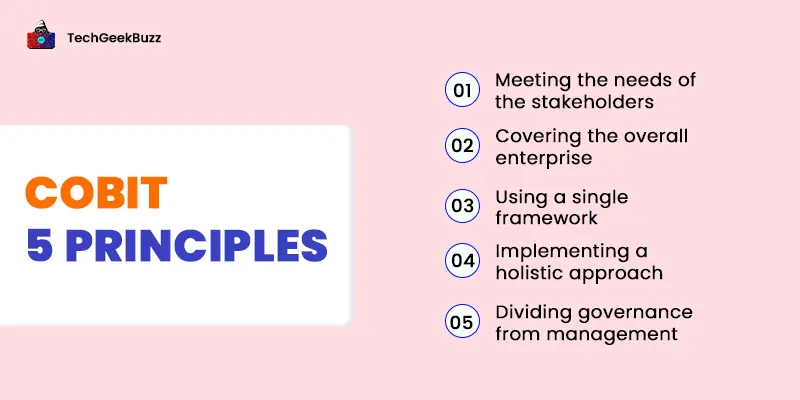When we hear the term blockchain, the first thing that comes to our mind is Bitcoin. Though the concept of blockchain was first proposed in 1991 as a research project, it gained massive popularity when it was used as a supporting mechanism for Bitcoin. One of the most typical applications of blockchain is in cryptocurrencies for maintaining a secure and decentralized record of transactions.
A blockchain is a distributed database shared across the nodes of a computer network. This distributed database collects information and stores it in small chunks called blocks. These blocks are linked to each other, forming a chain, hence the name blockchain.
Satoshi Nakamoto invented Bitcoin using blockchain technology to make it easier for people to send money over the internet. Blockchain is an immutable digital ledger of transactions that linked or chained blocks of data together using digital cryptography . While blockchain technology worked exceptionally well with Bitcoin and other cryptocurrencies, there is a wide range of applications of this technology in different sectors.
Through this article, we shall walk you through some popular applications of blockchain technology in different industries. However, before dividing deep into applications of blockchain, we shall first introduce you briefly to blockchain technology and its elements.
What is Blockchain Technology?
A blockchain is an immutable, decentralized ledger that makes the process of recording transactions and tracking assets in a business network easy. Here, an asset can be tangible, like land, house, or cash, or intangible, like property, patents, or branding.
In other terms, we can define blockchain technology as a system that records information in such a way that it becomes difficult to alter and delete that information or hack the system. Also, only authorized members are allowed to access the information stored in a blockchain network.
Elements of Blockchain
There are three significant elements of blockchain, namely distributed ledger technology, immutable records, and smart contracts. Let us discuss each of these elements below:
-
Distributed Ledger Technology (DLT)
A digital ledger technology (DLT) is a digital system that records the transactions of assets and stores them at multiple places at the same time. Unlike traditional databases, distributed ledger technology does not have a central administrator. Only authorized members of a blockchain network have access to the distributed ledger and all the immutable records of transactions stored on that ledger.
-
Immutable Records
Immutable records imply the records in the digital ledger technology (DLT) that remain unaltered and unchanged. Once a particular transaction gets recorded in a digital ledger, no participant can change or tamper with it. If any transaction has errors, a newly revised transaction is added to the ledger, and both are visible.
-
Smart Contract
A smart contract is a set rule stored on a blockchain and executed automatically to accelerate the recording of transactions.
Top 10 Applications of Blockchain
The following are some popular applications of blockchain technology:
1. Money Transfer
Money transfer using blockchain is comparatively less expensive and faster than the existing money transfer services. In the case of cross-border transactions, which are extremely slow and expensive, blockchain makes such transactions less expensive and fast.
Moreover, the modern U.S. financial system takes a few days to transfer money between accounts, whereas blockchain can do it within minutes.
2. Financial Exchanges
Like money transfers, blockchain also makes financial exchanges less expensive and quick. The decentralized crypto exchange lets users carry out peer-to-peer transactions without any intervention from a third party. There is no need for investors to deposit their assets to centralized authority, which, in turn, results in greater control and security.
You may need to provide your know-you-customer (KYC) details in case of centralized crypto exchanges. But decentralized crypto exchanges work entirely on the basis of anonymity.
3. Non Fungible Tokens (NFTs)
Non-Fungible Tokens (NTFs) have gained massive popularity these days. A non-fungible token is a non-interchangeable unit of data stored on a blockchain. Alternatively, we can define non-fungible tokens as cryptographic assets on a blockchain where every token has its unique identification code and metadata to distinguish it from other tokens.
We can think of NFTs as tokens representing the ownership of unique items. Using NFTs, we can tokenize things like art, collectibles, and even real estate. The most common application of NFTs is that it is used to convey ownership of anything that can be represented by data.
4. Medical Information
Blockchain technology is extensively employed in the healthcare sector to store patients’ medical records. If your medical record is stored on a blockchain, it becomes quite easy for a doctor to obtain your medical record. The health record of a patient may include medical history, lab reports, diagnosis by doctors, etc. The doctor can go through all the treatments that you have undergone and provide you with the best possible treatment.
In addition, if a blockchain holds information regarding health insurance, doctors can verify that a particular patient is insured and the treatment charges are reimbursed.
5. Logistics and Supply Chain Tracking
Using blockchain technology in supply chain management offers many significant advantages. It boosts supply chains by enabling faster and more cost-efficient delivery of products. Also, it improves the traceability of products and coordination between partners. Since the data associated with products is available on the shared digital ledger, no participant can alter or tamper it, which ensures a high level of security and data integrity. In addition, the availability of data on a blockchain eases communication and ensures transparency between partners.
6. Voting
If a blockchain network holds your personal identity information, you can vote using blockchain technology. Using blockchain for voting ensures that each individual votes only once, only eligible individuals are allowed to vote, and no one can tamper with votes.
The most desirable benefit of using blockchain technology for voting is that it simplifies the process of voting, and you can cast your vote through a smartphone with just a few clicks. Also, it reduces the cost of running an election.
7. Real Estate
Any real estate transaction requires a lot of paperwork to verify the ownership and financial information of a person selling the real estate. Also, it requires paperwork for transferring deeds and titles to the new owner.
Using blockchain technology for recording real estate transactions provides a secure and more accessible method of verifying the financial information and the ownership of a person selling the real estate. Also, it makes the process of transferring the ownership to the new owner quick and effortless.
8. Secure Personal Information
Storing your personal confidential information, such as the Social Security number, payment information, credit card details, personal passwords, and other identification information on a blockchain is actually more secure than storing them on traditional systems susceptible to cyber threats.
Since blockchain technology solely relies on private keys controlled by users, it ensures the utmost security of data stored on it. Also, characteristics of blockchain technology, such as encryption keys, zero-knowledge data storage, and decentralized ledger, make it the most secure method of storing data online.
9. Insurance
Blockchain technology provides greater transparency between customers and insurers through smart contracts and also helps to manage claims securely. Using blockchain to record all the claims ensures that there are no duplicate claims or invalid claims for the same event. Also, smart contracts help claimants to receive payments quickly.
10 .Record Management
National, state, and local governments store various details of individuals, such as birth date, marital status, death date, property transfers, etc. Managing this data is quite challenging, and also it becomes difficult and is time-consuming for citizens to visit government offices for requesting changes in data. To easily manage the citizens’ data, government offices can leverage blockchain technology to maintain the record of all citizens’ data securely.
Conclusion
As the generation of digital data grows, so does the demand for data security, transparency, and integrity, and blockchain can provide all these features as data stored on it cannot be manipulated. The use of blockchain technology is constantly increasing. Also, businesses are constantly exploring new ways to implement blockchain technology to make their operations better.
Hopefully, this article helped you to become familiar with the popular applications of blockchain technology. If you have any questions or suggestions, feel free to share them in the comments section below.
People are also reading:



![What is Virtual Reality? [Types, Applications, Pros, and Cons]](/media/new_post_images/What_is_Virtual_Reality.webp)
![What is Blockchain Technology? [Structure, Types, and Benefits]](/media/new_post_images/What_is_Blockchain_Technology.webp)
Leave a Comment on this Post